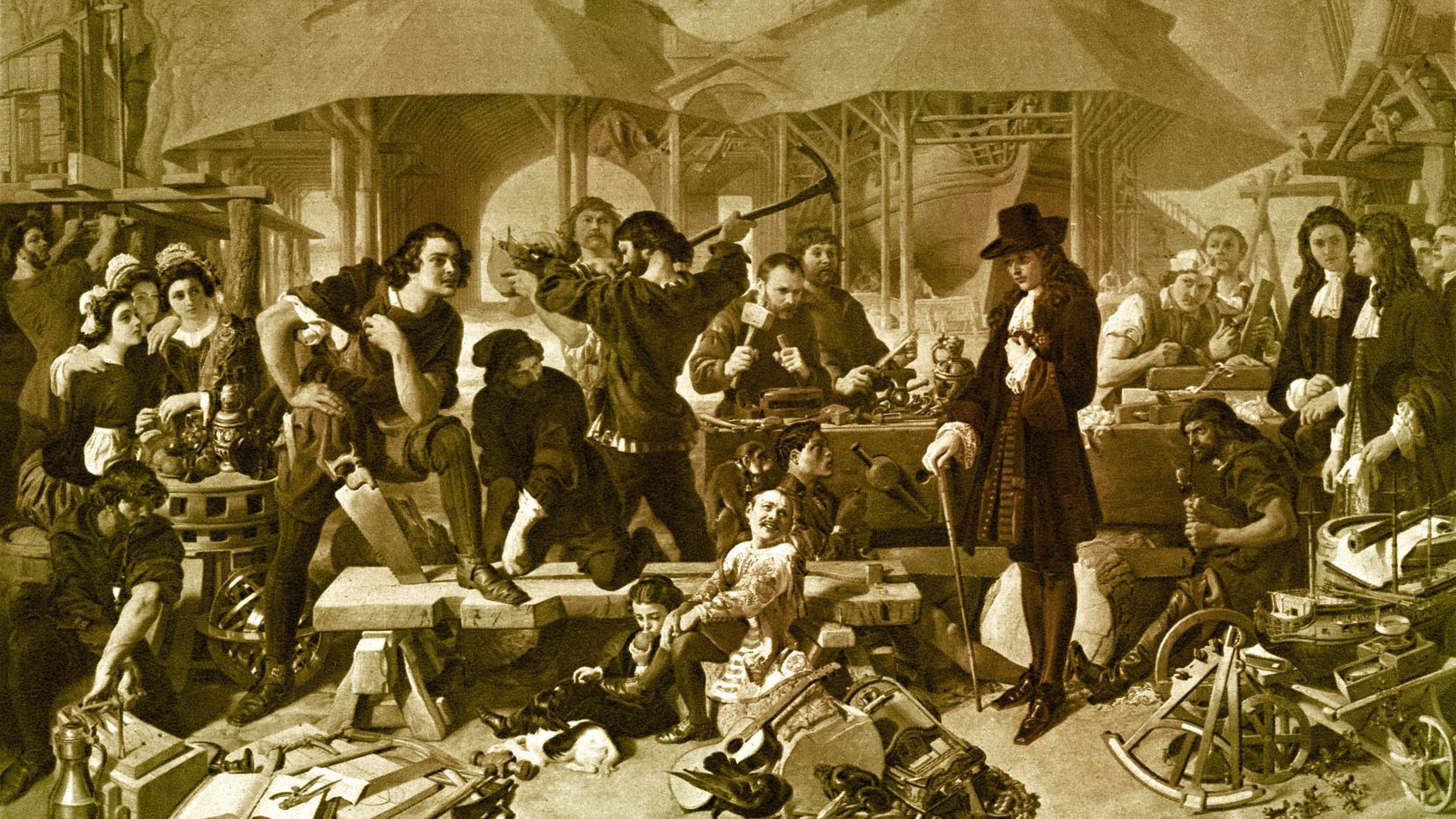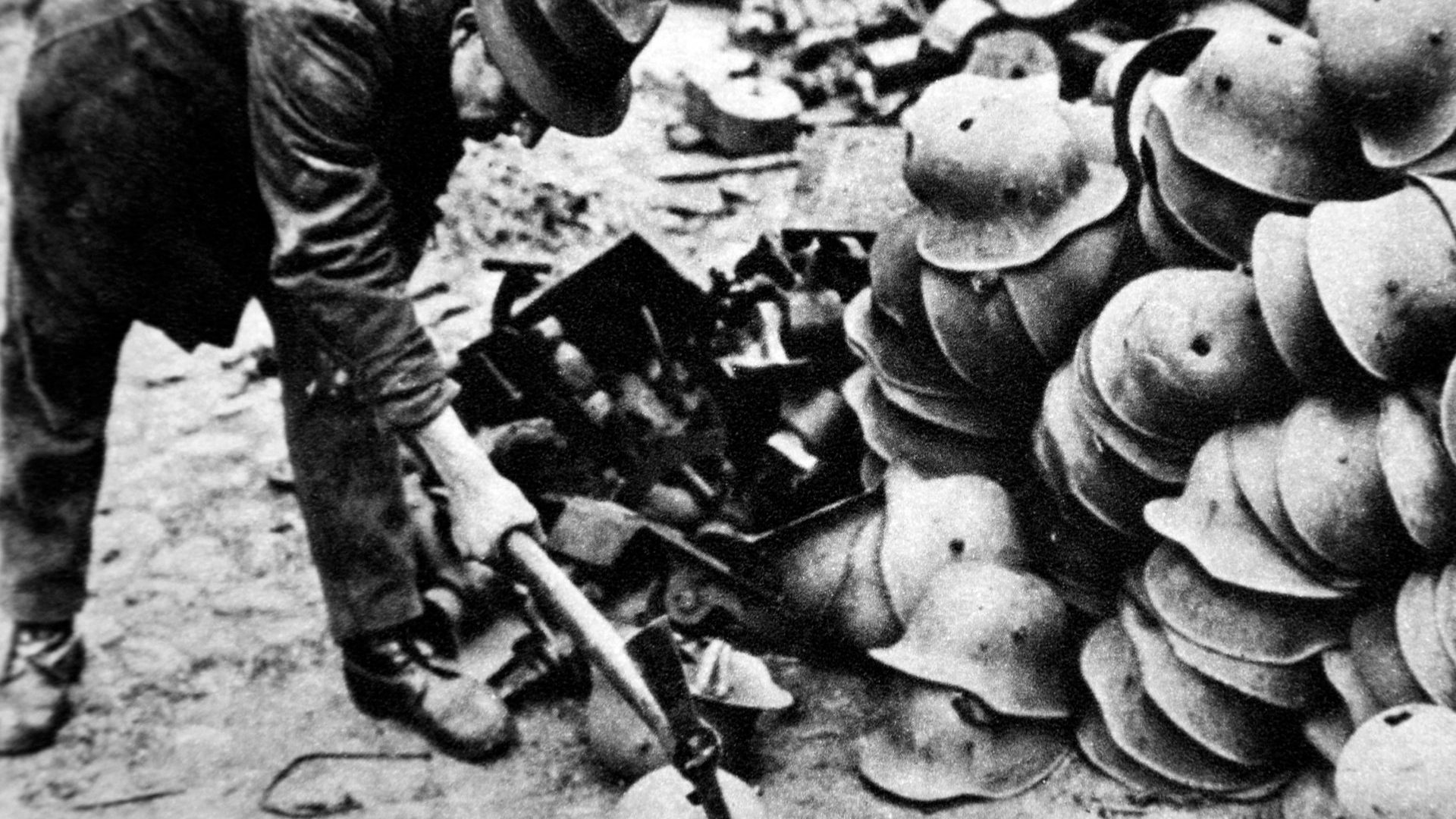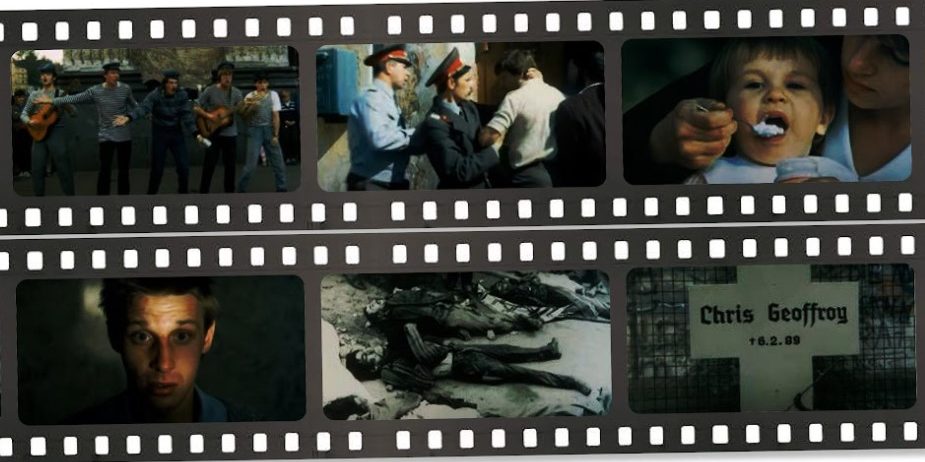It has been argued – convincingly, to many of us – that there is no honest way to become a billionaire anywhere in the world. If this adage is true anywhere in the world, though, it’s true in Vladimir Putin’s Russia.
Rising to a net worth higher than the GDP of some nations out of a communist system in which everything major was collectively owned requires the sharpest of sharp elbows. Doing so in what can be a literal cut-throat environment even more so. And retaining wealth or influence in Putin’s Russia requires dark political compromise.
None of this has been a secret to anyone. Putin was something of an outsider when he took over as president from the erratic Boris Yeltsin – he was not Yeltsin’s expected or anointed successor – and so those politicians who attempted warm relations with the former KGB agent in his first years have some element of excuses. But it has been far more than a decade since Putin or those close to him deserved any benefit of the doubt.
In 2008, he deployed around 70,000 troops in a bid to force a change to Georgia’s agreed international borders. During his two-decade rule, critical journalists and opposition figures across the world have had a nasty habit of turning up dead, usually by obviously violent means.
Putin’s support for Syria’s brutal dictator Bashar al-Assad, even after the latter launched chemical weapons against his own civilians, was backed up by often indiscriminate use of Russian air power with little regard for human life.
Putin and the Kremlin’s war against Ukraine didn’t start in the last week: the two countries have been at war since 2014, when on the flimsiest of pretexts Russian irregular forces seized the Crimean Peninsula, supported by other paramilitary groups in the country’s east, miring the country in a running and under-regarded conflict for the best part of a decade.
It conducted a hack-and-leak operation on the US election, which had a result so narrow that the subsequent attention on Hillary Clinton’s emails may have proven decisive. It has poisoned people on UK soil – at least one fatally. It has funded and supported far-right parties across Europe. Putin’s Russia has done enough so that it should have been a pariah state for a decade or more, not just suddenly in the last week. The reason it hasn’t is quite simply the sheer volume of money and energy flowing into the West from Russia.
When we talk about enablers of Russian wrongdoing in the West, all too often we begin and end with the Conservative Party – who have indeed happily taken almost £2m in Russian-linked money just since Boris Johnson became prime minister, though Tories stress their funders are the “good” oligarchs, much as each oligarch insists he (it’s always he) is the one honest man who got rich in an otherwise irredeemably corrupt system.
To focus just on the politics, though, gives an entirely false sense of the scale of the problem. London’s banks and investment funds handle billions of assets, cash and borrowing for Russian companies and oligarchs.
The London luxury property market serves as a piggy bank and backup residence for Russia’s wealthy elite. Servicing those homes keeps London’s top-end furniture makers, department stores, jewellers and more in business. Educating the next children of oligarchs props up many of the UK’s elite (and supposedly “charitable”) private schools, while acting as a personal tutor to those children as they get older – or helping them get places at British universities – gives many recent British graduates an extra source of income.
Behind that there are the lawyers to threaten any media outlet that tries to point out the activities of named oligarchs, to pursue oligarchs’ rivalries through UK courts, and when need be to handle lavishly costly divorces.
The roll call of law firms rushing to represent the interests of Russian oligarchs, some still with ties to Putin – though there is no suggestion the firms nor their clients are connected to any specific wrongdoing – includes some of London’s most prestigious firms.
Speaking in a debate last month about the use of strategic lawsuits by “nefarious” actors to prevent scrutiny, MPs named law firms including Mischcon de Reya, Schillings, Harbottle & Lewis, CMS and Carter Ruck as acting for oligarchs and other characters the parliamentarians deemed questionable.
Then there are the accountancy firms to handle all the bills, and public must end relations to explain away any unfortunate… misunderstandings.
Virtually all of London’s supposedly blue-chip respectable professions have had a decades-long love affair with Russian money. No one actually thinks it was honestly acquired, no one involved can sincerely think that it doesn’t lead to ethical and moral compromise, but we have all purposely decided not to care.
Our supposedly un-corrupt system, predicated on human rights and the rule of law, has been funded by a massive infusion of cash stolen from the Russian people.
This isn’t some newly revealed guilty secret – it is virtually the point of the money and reputation laundering upon which we have built our service-led economy. The UK is not remotely alone in this, however, even if we may be one of the most serious offenders.
Germany made the dramatic and catastrophic decision to abandon its use of nuclear power in the wake of Japan’s tsunami and the Fukushima disaster in 2011.
The tsunami killed more than 15,000 people, while so far the radiation from Fukushima has been found to have killed one person – and so Germany, despite not being in nearly so tectonically active an area, abandoned nuclear power, resulting in its significant energy dependence on Russia.
That has been characterised by persistent clinging to the Nord Stream 2 gas line until it became utterly politically untenable, as well as blocking efforts on sanctions and aid. Other European countries were little better: Cyprus has even more reliance on Russian money and oligarchs than does the UK, as does Malta.
Belgium, meanwhile, fought to keep its ability to sell diamonds to the Russian plundering class, while Italy wanted to continue selling its luxury fashion goods, to make sure the richest Russians are spared even mild inconvenience by Putin’s wars.
Others don’t even seem to need particularly strong financial relationships to be inclined towards Russia. The French president, Emmanuel Macron, was until extremely recently an advocate for a reset and warmer relationship with Putin, whom he saw as a valuable ally against what Macron frames as a cultural clash with radical Islamism.
Washed-up commentators seek the vestige of RT and Sputnik to prop up ailing careers, framing working for the world’s most nakedly imperialistic power as some form of anti-establishment journalism. And while the far right have been happy to take funding from Putin and the Kremlin, the far left have often been happy to push Russian talking points for free, denying anyone in a nation bordering Russia the right to self-determination and deciding instead that human rights are a privilege afforded only to Putin, who gets to decide who can and can’t apply to join Nato and the UK.
Such idiots, blinded by a view that only Western nations have agency, thus become the cheerleaders for a far-right nationalistic imperialist, while believing themselves to be resisting empire in some form.
Western nations are not the perpetrators of Russian aggression. The perpetrator of this conflict is Vladimir Putin and the elite circle around him – not the people of Russia. But we in the West are entirely complicit in letting things get to this stage. We have given ourselves a deep, deep addiction to Russian money that has blinded us to the human misery – and often human blood – embedded in every dollar and cent. The stench has surrounded us for so long that we no longer even notice it.
The focus this week is on what we can do to curb Russia’s aggression and make it come with a cost. The deeper reckoning will come later, when we have to decide whether we are willing to enable the next Putin, or even enable the Putin we have once more. To turn away from doing that means weaning ourselves off an economy that is built on hypocrisy and double standards, on allowing people to make money immorally overseas and then reap the proceeds here, their reputations laundered as crisply white as their hotel laundry.
Enabling the world’s misery isn’t the act of one or two bad players: it is the system we have built and become reliant upon, and like any other serious addict we won’t be able to simply stop overnight. It will take concerted willpower, concerted action, and we will have to learn how to find new business to replace what we will inevitably lose.
But we have now seen the price of inaction. We cannot say we weren’t warned – the details of Russian wrongdoing here are just a small slice of what was reported by journalists, whistleblowers and others, both inside Russia and beyond its borders.
Our own intelligence committee produced an extensive report on Russian influence in the UK and proposed the first few steps to remove it. Our government suppressed the report for months, lest it be politically inconvenient; and then, on finally publishing it after the 2019 election, proceeded to ignore every single recommendation it made.
We can ignore it no longer. If we stop with sanctions and don’t retool our economy and our laws at home, we will be even more complicit in the next atrocity we enable. If we don’t act now, then when?




